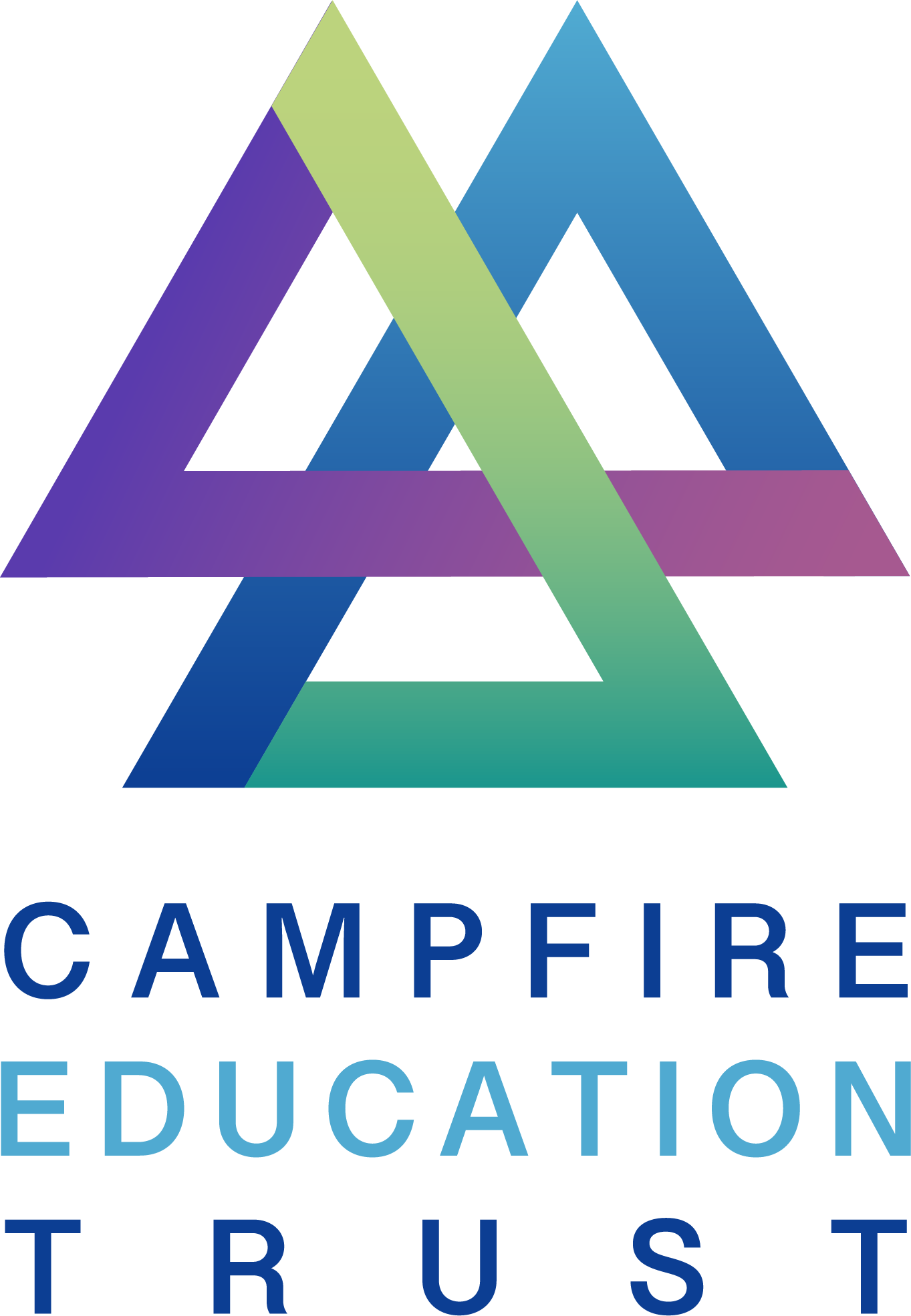History
List of services
-
IntentList Item 1
At Spring Lane, our history curriculum ignites curiosity and encourages aspirational thinkers to ask meaningful questions about the past and its influence on the present. Through rich storytelling, enquiry and discussion, children become effective communicators, confidently expressing historical understanding using appropriate vocabulary and evidence. As expert learners, they develop critical thinking, resilience, and independence when exploring sources, timelines, and diverse perspectives. We nurture caring citizens by examining themes of justice, leadership, and community, helping pupils empathise with lives lived in different times and places. Our curriculum also promotes healthy individuals by reflecting on how societies have shaped – and been shaped by – the actions of individuals, inspiring children to consider their own role in shaping the future.
-
ImplementationList Item 2
At Spring Lane, history is implemented through immersive Learning Quests that inspire curiosity and deepen understanding of the past. Guided by our principles of relevance, we connect historical study to children’s lives and local heritage—exploring Northampton’s rich past alongside national narratives to help pupils see their place in history. Through experiences, such as visits to local landmarks, role play, and work with artefacts or community historians, children bring the past to life, making meaningful connections and lasting memories. Collaboration is central to our approach, with pupils working together to investigate sources, debate perspectives, and co-construct knowledge—developing not only their historical thinking but also their empathy and citizenship.
-
Impact
The impact of our history curriculum is seen in children who think critically, ask thoughtful questions, and understand how the past shapes the present and future. Because learning is relevant, pupils can confidently make connections between historical events and their own lives, communities, and the wider world. Our rich experiences ensure that knowledge is retained through memorable, hands-on learning that deepens understanding and engagement. Through collaboration, children learn to respect diverse viewpoints, evaluate evidence together, and communicate their ideas effectively—emerging as reflective, informed, and responsible citizens, ready to contribute to a global society.
Pupils historical knowledge and skills are assessed using the following:
● Retrieval practice at the beginning of every lesson.
● Assessment for learning is used within each lesson through skilful use of questioning and live feedback
● Pupil voice to support the evidence that pupils know and remember more over time.
● Summative assessment linked to the quest question at the end of the unit.


